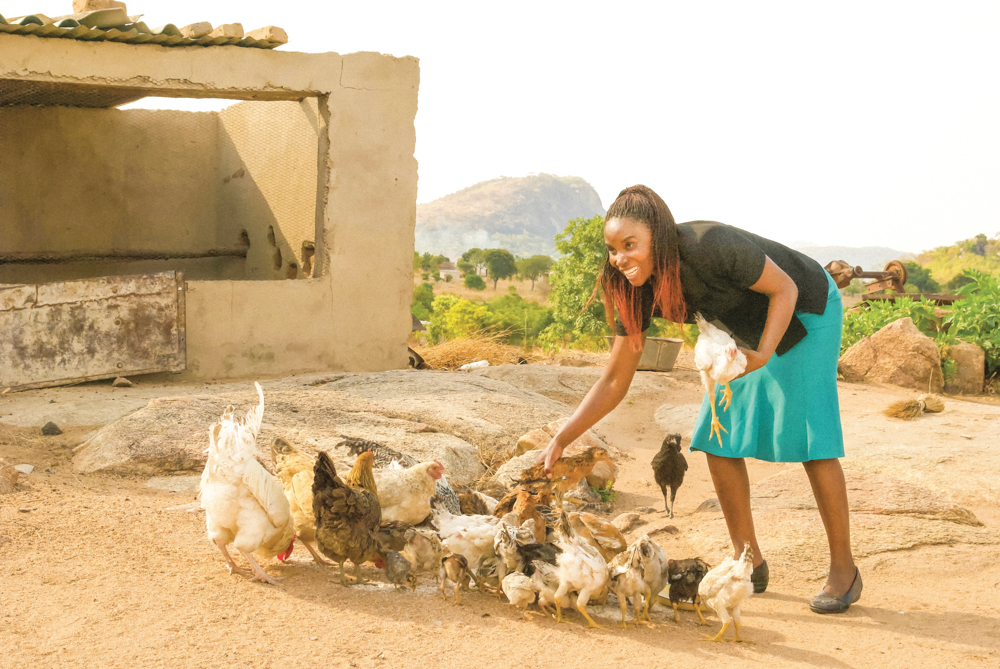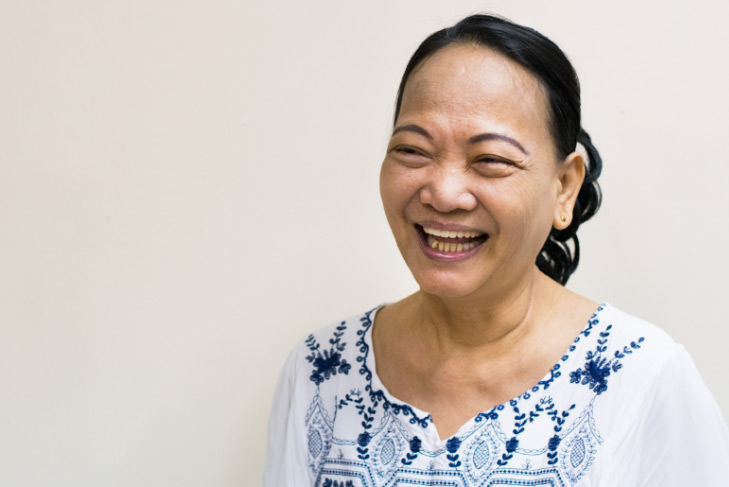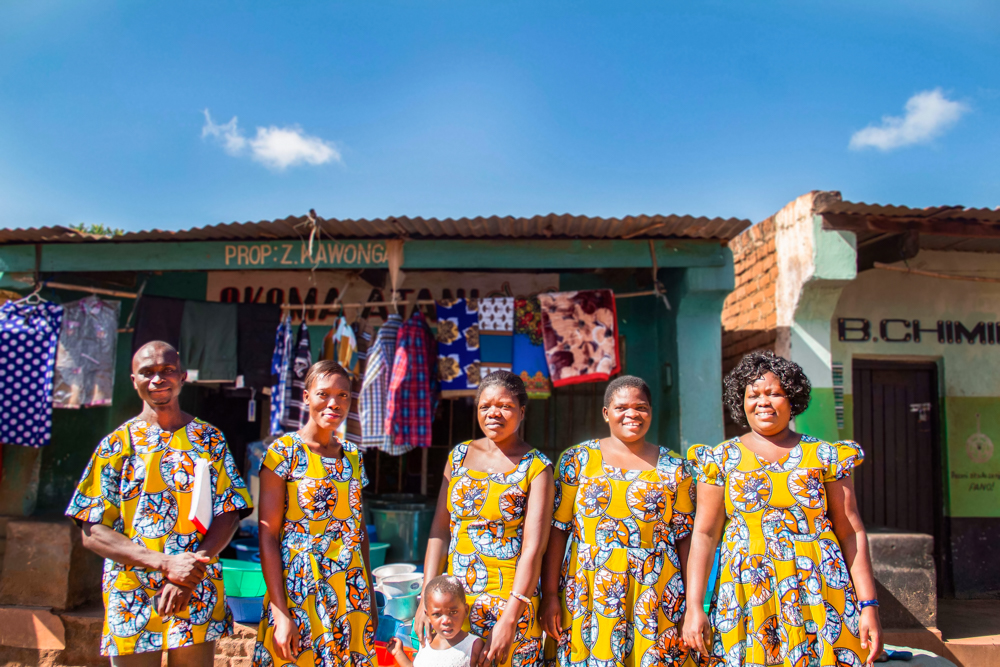When Success Tatire’s church in Zimbabwe decided to form savings groups in 2016, they nominated Success to serve as facilitator. Initially hesitant to take on this new responsibility, Success is now grateful she agreed: “I realized it was not me or the [church] warden who chose me, it was God. We make our plans and our decisions, but He has the final answer.” Continue Reading…
HOPE Intl
HOPE Intl
Stories we loveHOPE Intl
HOPE Intl
Stories we loveHOPE Intl
HOPE Intl
Spiritual Integration Staff / Travelsby Laura Beirne, Senior Human Resources Business Partner
I spend my days talking with people who want to work at HOPE International. I interview candidates who are filled with enthusiasm and passion. They’re enlivened by HOPE’s goals and drawn to the way we pray together and care for one another as we carry out our work. They remind me daily why HOPE’s mission is inspiring and important—and that our corporate culture is unique.
At HOPE, I love that we have an opportunity to approach staff recruitment differently. We’re not just hiring the most qualified person for a job; we are looking for team members who will further our pursuit of a Kingdom-focused mission. Because our goals are a little different than some companies’, so is our hiring process. Here are four unconventional things applicants may observe in our recruitment process: Continue Reading…





















